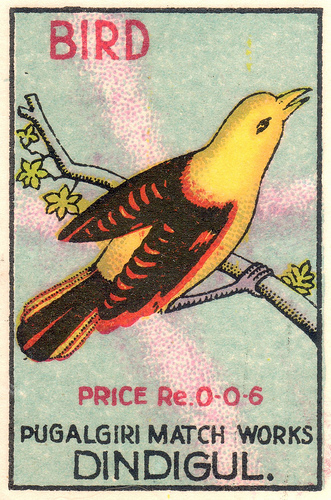Things are going from bad to worse with Dennis Beerpint. The weedy poet, still posing as a beatnik, was apparently very upset by the negative reviews of his newly-published Ginsbergy Howl-y piece, Whimper!, a thousand-odd lines of unrelieved drivel. At public performances, where he has been declaiming these free verse witterings from platforms and soap-boxes, hecklers boo and things get chucked at him, chiefly tomatoes.
Now, Beerpint has fallen victim to delusions of persecution. In a letter to the weekly magazine Weedy Poets Under Attack, he claims that this passage from The Anatomie Of Absvrditie by Thomas Nashe, written over four hundred years ago, is aimed directly at him:
“Hence come our babling Ballets, and our new found Songs and Sonets, which euery rednose Fidler hath at his fingers end, and euery ignorant Ale knight will breath foorth ouer the potte, as soone as his braine waxeth hote. Be it a truth which they would tune, they enterlace it with a lye or two to make meeter, not regarding veritie, so they may make vppe the verse ; not vnlike to Homer, who cared not what he fained, so hee might make his Countrimen famous. But as the straightest things beeing put into water, seeme crooked, so the crediblest trothes, if once they come with in compasse of these mens wits, seeme tales. Were it that the infamie of their ignoraunce did redound onelie vppon themselues, I could be content to apply my speech otherwise, then to their Apuleyan eares, but sith they obtaine the name of our English Poets, and thereby make men thinke more baselie of the wittes of our Countrey, I cannot but turne them out of their counterfeit luerie, and brand them in the foreheade, that all men may know their falshood… What politique Counsailour or valiant Souldier will ioy or glorie of this, in that some stitcher, Weauer, spendthrift, or Fidler, hath shuffled or slubberd vp a few ragged Rimes, in the memoriall of the ones prudence, or the others prowesse? It makes the learned sort to be silent, when as they see vnlearned sots so insolent.”
Is Beerpint an insolent unlearned sot? Perhaps he is. On the other hand, if this passage really is directed at him, it is likely to be the one and only time he is compared to Homer.
But now my own braine waxeth hote, for the sun is bright and battering, and I must lie me down in the shade, and ponder the wonders of Burnham-on-Crouch, of which more some other time.





